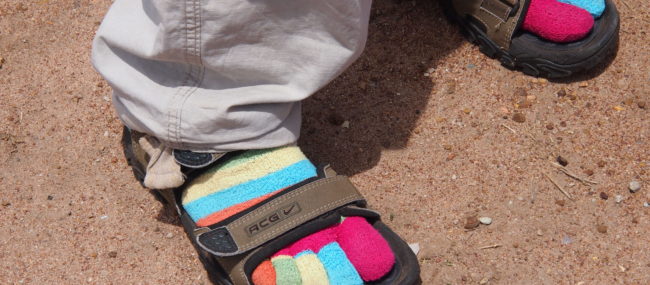“Yoga, meaning “to integrate” in Sanskrit, reestablishes the union and balance of mind and body. Through postures, yoga corrects learned patterns stored in the “memory of the body” and the “muscles of the mind.” There are upside-down, twisted, contorted, stretching, and balancing postures. As you learn how to move into…
Blog
Taking Seat
“When you take your seat to meditate, you ground yourself in the present moment and establish your presence. You summon your body to take you into moment-to-moment awareness and be open and receptive to what’s here. You call upon your body to sit erect, balanced, and relaxed but alert so…
Meditation on the Body
“When you bring your attention to your body and your sensory experience, you learn how to “work with” both physical and emotional “dis-ease.” “Being with” your body as it is and understanding how to “work with” pain and discomfort establishes a deep intimacy.” (Marotta 2014, 37). Inquiry: Ask yourself: “What…
Grounding in the Body
“A self-esteem based on external measurement affects not only your mind, but also the way you relate to your body. At one extreme, your attention may be toward body image, appearance, and sexual attraction; you may view your body as a commodity, to be manicured, styled, and dressed. At the…
Mindful Self-Esteem and Self-Care: Body Practices
This series continues to explore the relationship between mindful self-esteem and self-care through the foundational practices of mindfulness of the breath and now through mindfulness of the body. These foundational practices—both in stillness and movement—lay the conditions for a self-esteem that’s a relationship with life. They help you shift from…
Finding Gratitude in the Breath
“When you find gratitude in your breath, you connect to this life force and the good fortune of being alive. You see life as a miracle and embrace that which is “us.” Though each of us is unique, we are interconnected. Breaking down the barriers between you and others frees…
Breath as the Bridge
“Because the mind is often miles away from the body, Vietnamese Buddhist monk and Zen master Thich Nhat Hanh (1976, 15) explains, the “breath is the bridge” that connects the mind to the body. Bringing your attention to your breath halts the incessant chatter of your thoughts and your concern…
Breath Work as Medicine
“Breath work has been revered through the ages as potent medicine for calming the mind and body. When you consistently breathe from your belly, you change patterns in your nervous system and in your mind. Abdominal breathing stimulates your hypothalamus, the “command center” of your brain—in response, your hypothalamus sends…
Turning on the Relaxation Response
“When you constantly determine whether you’re measuring up, this turns on your stress response because you either forget to breathe or hardly breathe. Your feelings of insecurity increase. In this vulnerable state, you tend to mindlessly react, and in doing so you lose your connection with yourself.” (Marotta, 2014, 17)….
What Is Self-Care and Why Is It Such a Challenge?
by Dr. Deborah Zucker “Self-Care” is a big buzzword today in the health community. There are many books and professionals offering quick and easy tips for better “self-care”. But, I’m going to suggest something here that may seem kind of radical. Self-care isn’t about the list of things you are supposed to do…
- « Previous Page
- 1
- …
- 3
- 4
- 5
- 6
- 7
- …
- 18
- Next Page »










